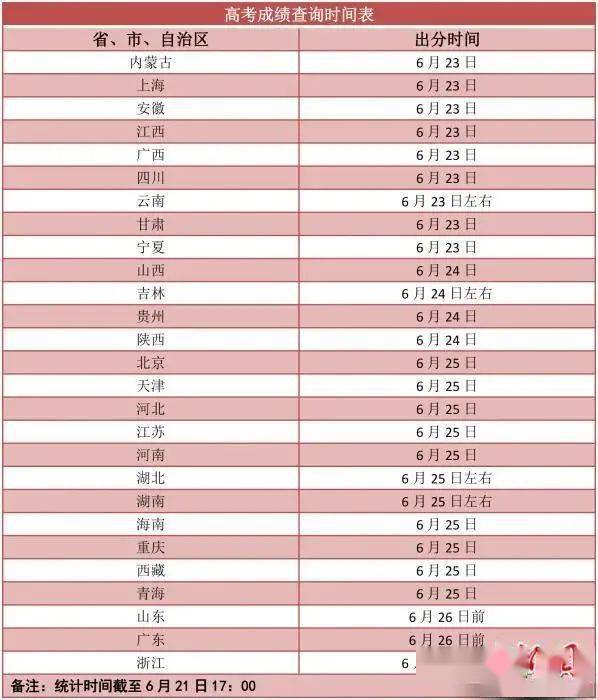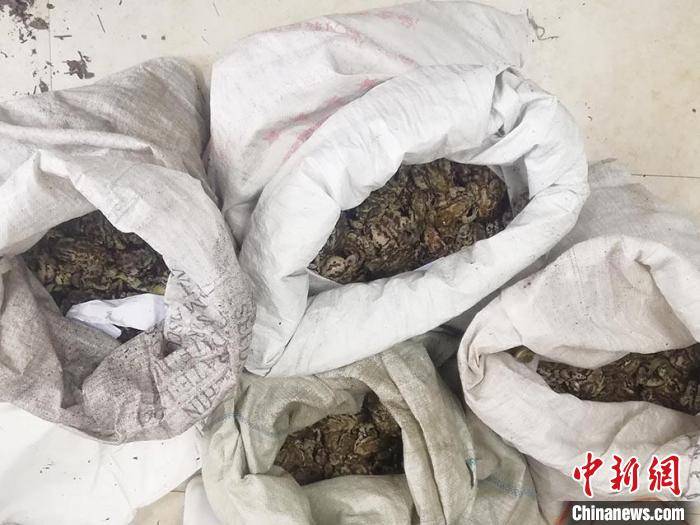On the evening of April 14, Beijing time, John Kerry, the US President’s special envoy for climate issues, arrived in Shanghai. He became the first senior U.S. official to visit mainland China in the past two years. In the next few days, Xie Zhenhua, China’s special envoy for climate change affairs, will hold talks with Kerry in Shanghai. During his stay in China, Kerry may also meet other Chinese officials via video.
In the current overall framework of Sino-US relations, what are the special features of climate change cooperation issues? Shanghai once again played the role of a “bridge” at an important moment in Sino-US relations. What are the considerations for this arrangement? Almost at the same time Kerry arrived in Shanghai, a so-called “unofficial delegation” led by the former US Senate arrived in Taipei. The United States has recently played the “Taiwan card” frequently. What does it mean?
Reading Zhengguan exclusively connected with Renmin University of China EU “Jean Monnet” Chair Professor Wang Yiwei, Director of the Institute of International Affairs for interpretation.

Interest groups influence Biden government’s climate policy
Political View: Kerry is the first senior official of the Biden administration to visit China. What is the background and significance of this arrangement? In the overall framework of Sino-US relations, what is the weight of climate change cooperation issues?
Wang Yiwei: China and the United States account for more than 40% of global carbon emissions, and tackling climate change requires the two countries and other countries in the world to work together. Biden will host a climate summit next week, after the US government has officially issued an invitation to China.
Regarding Kerry’s trip to Shanghai, although some Republicans reacted fiercely, the White House has made it clear that the United States will engage with China at all levels, and that the US-China relationship is not confrontation but competition. I think that Kerry came to Shanghai to promote some substantive cooperation. Behind the Biden administration is the support of emerging industry interest groups represented by clean energy companies. This is an important foundation for the United States to seek cooperation with China in climate policy.
Looking back at history, climate change cooperation is a bright spot in Sino-US relations during the Obama administration. At that time, Biden, the vice president, and Kerry, the secretary of state, were both promoters of relevant policies. Relevant interest groups and environmental protection organizations have played an important role in the formulation of the Obama administration’s climate change and energy policies. Today, these groups still play similar roles and exert influence on the Biden administration. U.S. emerging industry interest groups represented by clean energy companies hope that the Biden administration can urge China to take more actions in terms of carbon emission reduction.
On the other hand, climate change is a very malleable topic, involving the construction of the future international structure, especially the game of financial international structure and rule-making. Now, the United States has revealed its intention to build a carbon emission dollar system and wants to link the dollar with carbon emission data. At the same time, the EU is building a carbon emissions trading system to promote the development of the carbon emissions trading market. There are similar considerations behind this.
Responding to climate change, China, the United States and Europe have broad space for cooperation
Political View: Not long ago, at the Sino-US high-level strategic dialogue held in Anchorage, although China and the United States had differences on some issues, both sides agreed to strengthen dialogue and cooperation in the field of climate change, and the two sides will establish a Sino-US climate Joint Working Group on Change. In the context of facing differences in some areas, why did China and the United States take the lead in reaching a consensus on strengthening dialogue and cooperation in the field of climate change?
Wang Yiwei: Since the Biden administration came to power, climate change cooperation has been generally regarded as an area that can be expected in Sino-US interaction. It should be said that there is a certain inevitability and rationality in this. The promotion of climate cooperation between China and the United States on the right track conforms to the interests and expectations of the world.
In my opinion, there are roughly two dimensions that influence the direction of the international pattern in the 21st century. One is climate change and new energy development, and the other is digitalization and intelligence. Both involve the transformation of human production mode, lifestyle and thinking mode. For developed economies such as the United States and Europe, achieving carbon emission reduction is mainly to seek breakthroughs in transportation and lifestyle; for China, carbon emission reduction is from production and lifestyle, transportation, housing and other fields. Apply force directionally. China is not only the “world factory”, but also the world’s largest consumer market. Climate change is a common problem facing the world. China, the United States and Europe have joined hands to address this challenge. They are highly complementary and help avoid disputes caused by homogeneous competition among all parties.
The China-France-Germany Leaders’ Climate Video Summit will be held soon, and the China-EU Investment Agreement will also include new energy development and climate change cooperation as an important content. These are all manifestations of China’s active international cooperation in the climate field. In fact, in the field of climate change, China, the United States and Europe have extensive common interests and room for cooperation. In the next step, the key is to do a good job in carbon reduction, carbon neutralization and related time nodes and procedures, as well as the connection of the rules behind.
In comparison, international cooperation in the digital field faces some practical problems and differences due to factors such as data sovereignty and privacy protection. Of course, the development of a new energy industry will also involve the processing of massive amounts of data, and the response to climate change itself also requires digital assistance. All parties should not only strengthen cooperation, but also play games with each other in the formulation of international rules, especially safety standards.
The Biden administration’s China policy has not yet been finalized
Political View: Recently, the Biden administration has started to play the “Taiwan Card” frequently. According to media reports, on the afternoon of the 14th, former U.S. Senator Chris Dodd led a so-called “unofficial delegation” and arrived in Taipei with two former U.S. Deputy Secretary of State. What do you think about this?
Wang Yiwei: At present, the Biden administration’s China policy has not yet been fully finalized, and it is still in a transitional period. But what has become apparent is that the new administration has inherited the strategy of blocking and squeezing China in the high-tech sector during the Trump era. It is actually an attempt to obstruct China’s high-end development momentum in the global industrial chain, supply chain, and value chain. This is a core issue of the Sino-US game. Whether it’s frequently making a big fuss on the Taiwan issue or forming the US-Japan-India-Australia alliance, it is because the US wants to reshape the global industrial chain and supply chain and suppress and restrict the Chinese economy, especially the high-tech industrial chain and supply chain.
Just earlier this month, U.S. Senator Menendez and others threw out the “Strategic Competition Act of 2021”, requiring the Biden administration to adopt a comprehensive “strategic competition” policy with China. On the 14th, the U.S. Senate Foreign Affairs Committee discussed and voted on the “Strategic Competition Act of 2021.” The various actions of the United States are precisely to hinder the development of China’s high-tech industries.
Political View: At the end of July 2019, the twelfth round of China-US high-level economic and trade consultations was held in Shanghai. After a lapse of 20 months, China’s special envoy for climate change affairs Xie Zhenhua and Kerry held talks in Shanghai. Shanghai once again played the role of a “bridge” between the two sides at an important moment in Sino-US relations.
Wang Yiwei: In his first foreign policy speech in February this year, Biden proposed that US diplomacy will be “middle-class diplomacy.” And Shanghai can be regarded as a pronoun for the rise of the middle class.
In addition, Shanghai has historically served as a bridge and link between China and the United States. On February 28, 1972, China and the United States issued the “Joint Communiqué” in Shanghai, ending the two-year isolation between the two countries and opening a new chapter in Sino-US relations. In 2009, the then-U.S. President Obama made Shanghai the first stop of his visit to China.
The location of the China-US meeting in Shanghai is hoped to eliminate political ideological interference, which to some extent shows the sincerity of the two sides in climate change cooperation.





























































You must log in to post a comment.